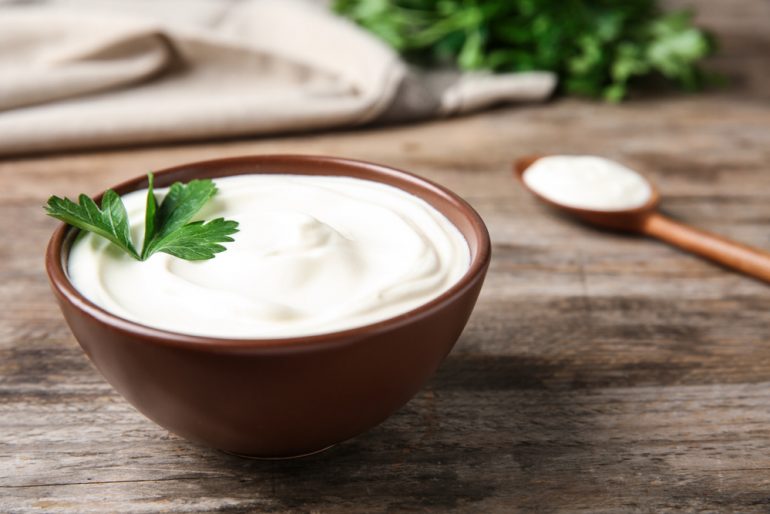What happens to your body when you eat curd every day during winter?
Listen to your body’s preferences and consider incorporating curd in moderation as part of a balanced diet, said Certified sports nutritionist Dr Pooja Sharma, Rich Diets24
There are too many dos and don’ts when having curd during winter. While we have demystified many of these myths with the help of our experts on several occasions, many questions remain unanswered. So, we decided to take it upon ourselves to understand what happens to the body when you have curd every day during the winter season, a time that many advise you to skip.
Kiran Kukreja, a nutritionist took to Instagram to share that as against the belief that curd is cold, it is warm and has a heating effect on the body. “You can include it in your winter diet as it provides relief from the cold winter. Additionally, it should be included in the diet because it contains healthy probiotics which are necessary for your gut,” she said.
Curd promotes digestion and helps to enhance metabolism which helps the body to generate heat internally. “These probiotics support digestion and boost the immune system, helping you stay resilient against seasonal illnesses,” said Kukreja.
However, if you eat curd directly taken out of the refrigerator when you have a cold, you may encounter some problems due to its temperature. “Have room temperature curd with black pepper powder so that it does not sore your throat,” Kukreja mentioned.
What happens when you consume curd every day during winter?
Certified sports nutritionist Dr Pooja Sharma, Rich Diets24 explained that eating curd in winter can be beneficial as it provides probiotics for gut health and is a good source of nutrients.
“Consuming a cup of curd daily increases the amount of calcium in your body which limits the release of cortisol, thus, helping you lose weight,” said Dr Sharma.
Curd contains bioactive peptides that help regulate blood pressure and reduce the risk of hypertension, said health coach Danish Abbasi. “Additionally, the probiotics in curd have been associated with improved cholesterol levels. Therefore, the benefits of eating curd include reducing the risk of heart disease,” said Abbasi.
According to Dr Sharma, curd also retains one-third of lean muscle mass which helps you maintain your physique post those dropped kilos for a longer time. “It is a myth that you cannot have it in the winter season. However, it’s essential to balance it with warming foods to maintain body temperature,” asserted Dr Sharma.
Listen to your body’s preferences and consider incorporating curd in moderation as part of a balanced diet.

